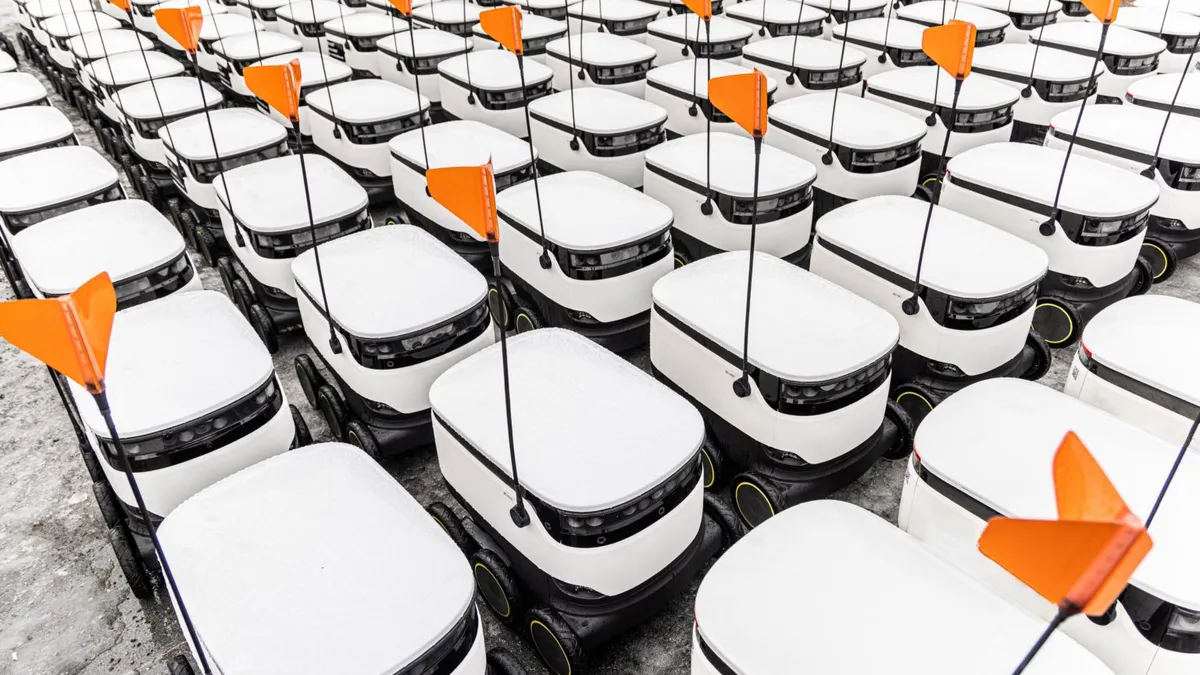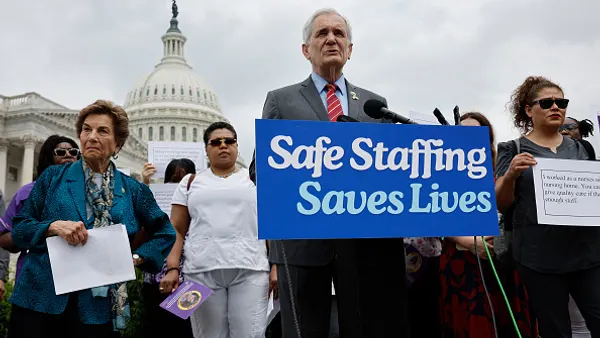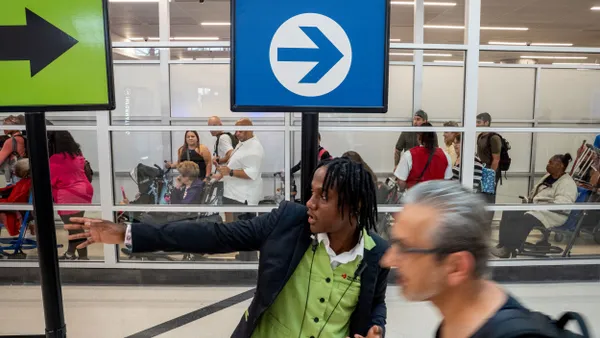Robots in the workplace may contribute to employee burnout and workplace incivility — and while these effects can be mitigated, according to an American Psychological Association study released Oct. 11, the study comes at a time when some industries are introducing robots in part to ease labor shortages.
However, APA points out that this anxiety spreads even to industries where robots are not making inroads, which may signal that unjustified fears persist among workers about the efficacy of robots.
“Most people are overestimating the capabilities of robots and underestimating their own capabilities,” lead researcher Kai Chi Yam, PhD, an associate professor of management at the National University of Singapore, said in a statement.
The study combined multiple experiments across the U.S. and parts of Asia. For example, a study of 118 engineers employed by an Indian auto manufacturing company saw greater reports of burnout when the engineers worked with industrial robots.
However, a separate experiment of 400 participants showed that self-affirmation exercises — where workers are encouraged to think positively about themselves and their “uniquely human characteristics” — may help lessen fears about robots, APA said.
“Media reports on new technologies like robots and algorithms tend to be apocalyptic in nature, so people may develop an irrational fear about them,” Yam said.
Some industries, including restaurants and warehouses, have heightened interest in robots due to changes prompted by the pandemic. Restaurants, in particular, may see robot cooks as a potential answer to severe staffing shortages, Restaurant Dive previously reported. The robots would largely serve to shorten labor time on certain tasks and lessen repetitiveness for workers — and give workers more time to spend with customers and other human-oriented tasks, experts said.














